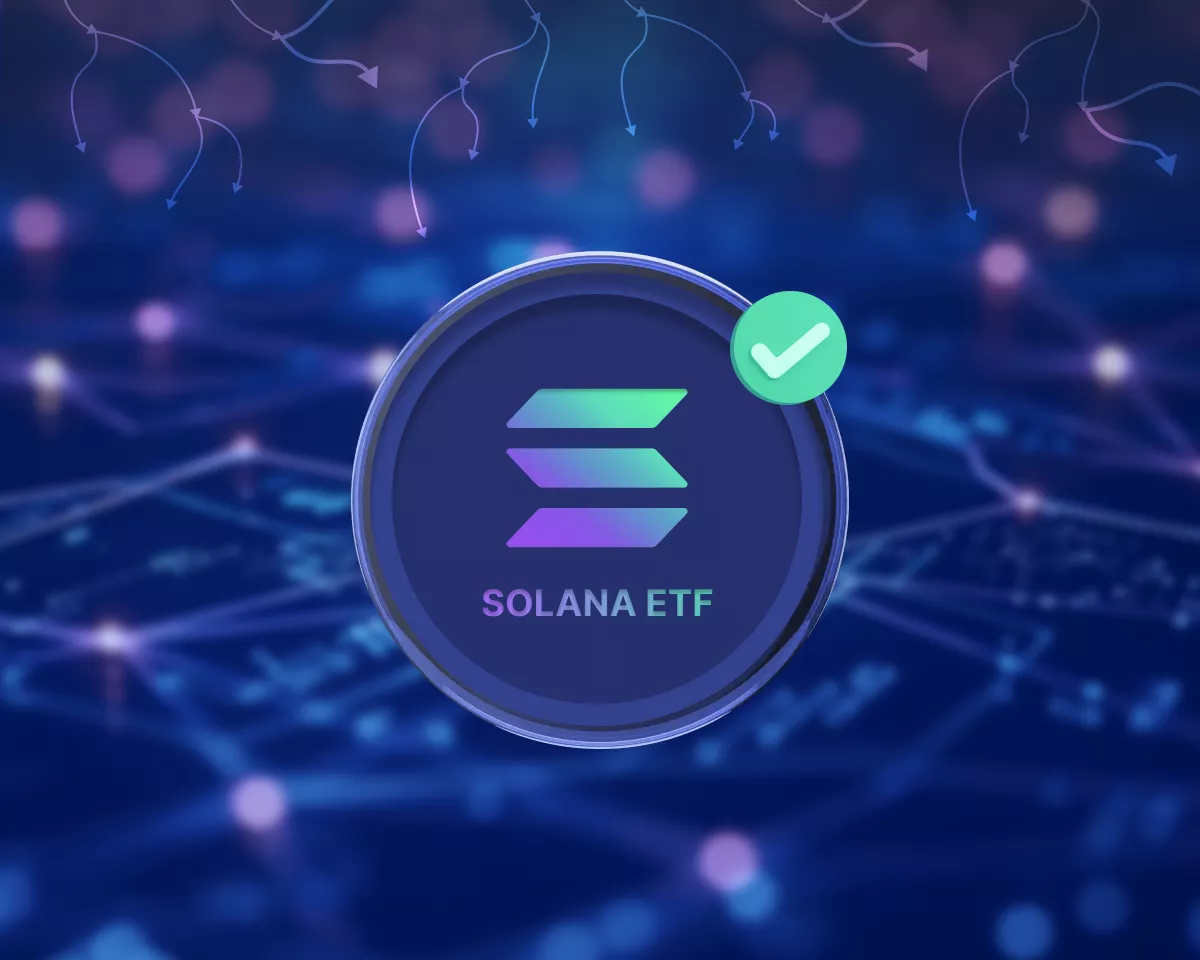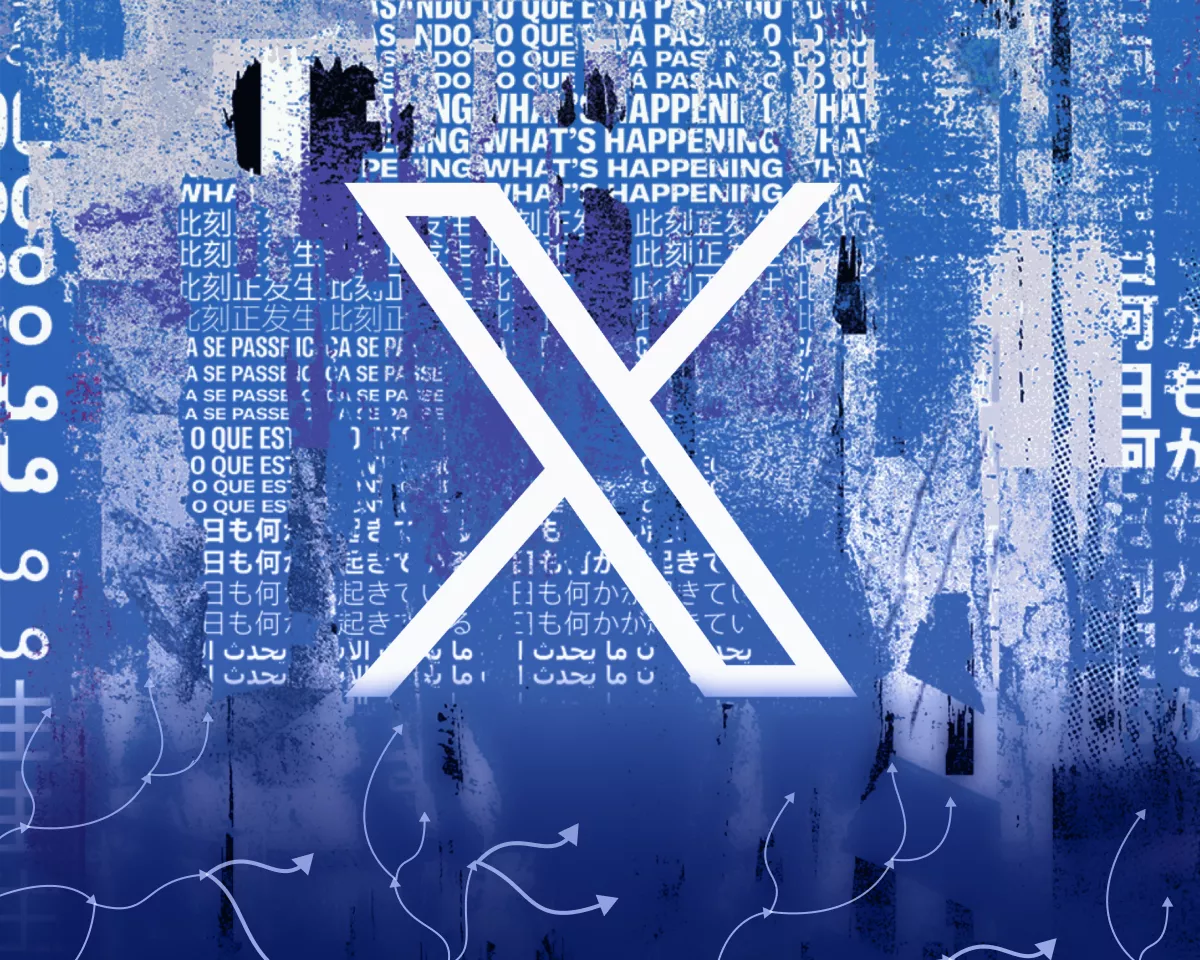Self-custody wallets give users full control over their digital assets, eliminating the need for intermediaries. They represent financial independence and privacy, key principles of the crypto ecosystem. However, governments are imposing tighter regulations on these wallets. For instance, Brazil has restricted stablecoin transfers to self-custody wallets, aiming to centralize financial oversight. This poses a significant challenge to the freedom these wallets provide. Unlike custodial wallets managed by third parties, self-custody wallets ensure users have complete ownership of their funds, safeguarding them from risks such as exchange failures, as seen in the FTX collapse. According to Hester Bruikman from MetaMask, self-custody wallets are crucial for enhancing financial sovereignty, security, and privacy. They enable users to transact directly, without relying on centralized entities, and offer protection against data collection practices. Despite their benefits, these wallets are criticized for being complex and risky for new users. Innovations like smart contract accounts (SCAs) are addressing these issues. SCAs replace the traditional single-key system with flexible recovery methods, such as passkeys or multi-party computation, making them more secure and user-friendly. Other advancements include gas fee abstraction, allowing transaction fees to be paid in any token, and session keys for smoother approvals. These improvements make it easier for users to manage their crypto safely and efficiently. However, regulatory challenges loom. Governments worldwide are tightening rules on self-custody wallets. Brazil’s Central Bank has introduced measures to block stablecoin transfers to these wallets, attempting to align crypto with traditional finance. Similarly, Europe’s MiCA framework enforces stricter anti-money laundering rules on transactions over $1,050 involving self-custody wallets. These regulations aim to combat financial crime but risk limiting the use of decentralized tools. This regulatory pressure is already slowing innovation, particularly in the United States, as Bruikman highlights. The US Treasury recently dropped a controversial 2020 proposal that would have imposed severe restrictions on self-custody wallets, including banning peer-to-peer transactions and requiring detailed reporting on all activities. While this was a victory for decentralization advocates , the ongoing push for regulation continues to challenge the principles of crypto. Self-custody wallets are more than tools for holding crypto; they symbolize financial freedom, particularly in regions with unstable economies like Brazil. They protect user privacy and enable participation in decentralized ecosystems like DeFi and gaming without intermediaries. These wallets are vital for maintaining crypto’s core promise of decentralization, but the path forward requires balancing oversight with autonomy. The future of self-custody wallets looks promising, thanks to technological advancements like SCAs and gas fee abstraction. Adoption is expected to grow, with the market projected to reach $3.5 billion by 2031, growing at an annual rate of 8%. Hybrid models blending autonomy with compliance could provide a solution to ongoing regulatory pressures. The crypto community must continue to innovate while advocating for tools that protect user sovereignty in an increasingly regulated landscape. Ultimately, self-custody wallets represent a crucial choice: Will you trust your crypto to an intermediary, or keep control in your hands?
















